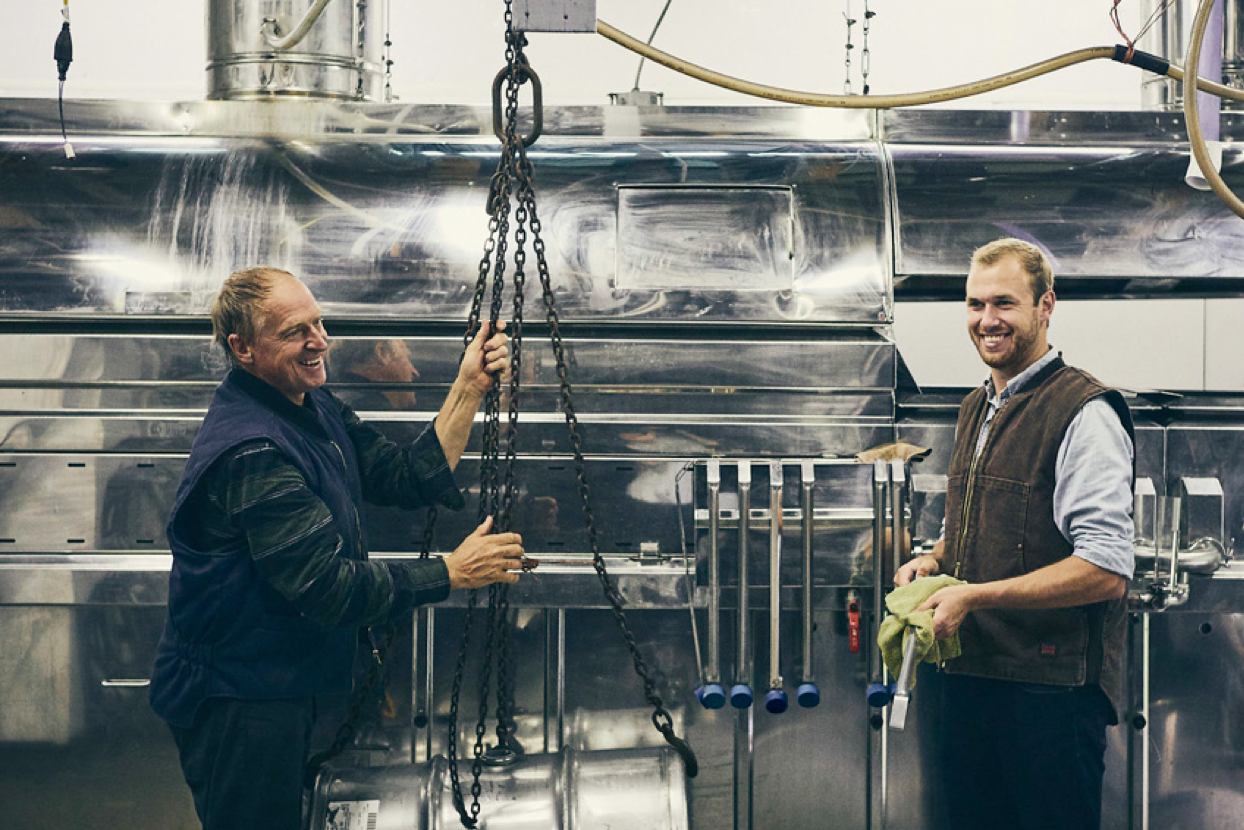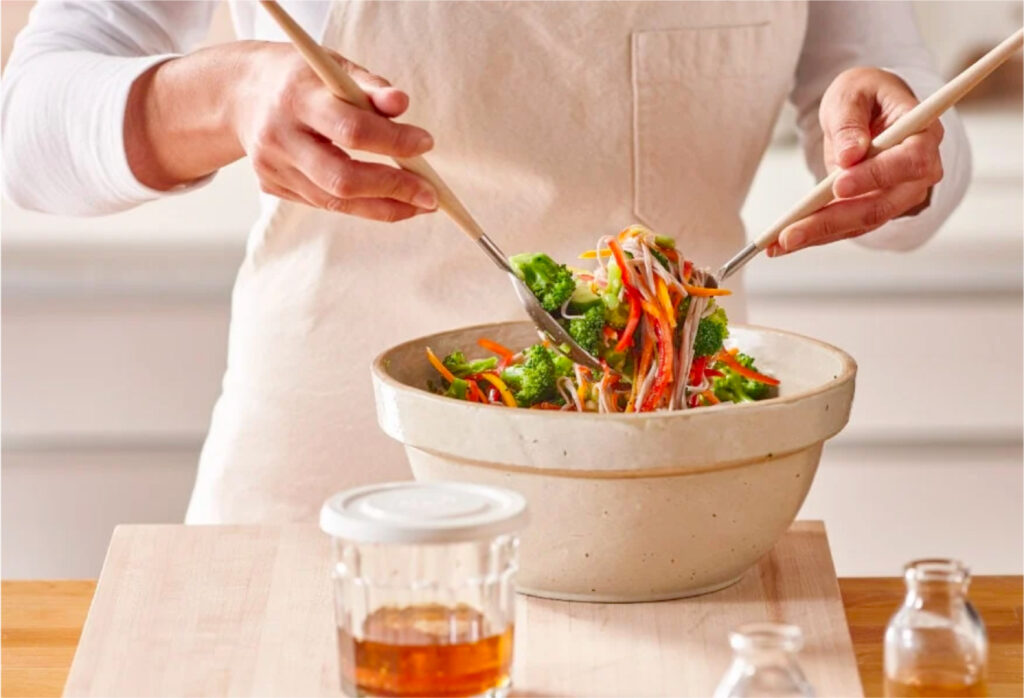About QMSP
About Québec Maple Syrup Producers
The PPAQ was founded in 1966 with the mission of defending and promoting the economic, social and moral interests of some 8,000 maple farms and 13,300 producers across Quebec. These men and women work together to establish quality standards as well as collectively market and promote their products. Quebec produces 90% of Canada’s maple syrup and nearly 72% of maple syrup production worldwide. Together, the provinces of Ontario, New Brunswick and Nova Scotia contribute 10% to Canada’s production.

The PPAQ proudly promotes the brand Maple Products from Quebec, in addition to coordinating the promotion and value creation of Canadian maple products internationally on behalf of the Canadian maple industry. In this capacity, the PPAQ steers and coordinates the International Innovation Network on Maple Products from Canada.
Maple syrup has long been part of Canada’s cultural fabric. In 1676, a missionary named Chrestien Leclercq tells us that he witnessed the use of an iron cauldron by Native Americans and our ancestors to make maple sugar. It is because of this iron cauldron brought from France that our ancestors and the Native Americans learned together to make maple sugar.
Maple on the Tables of the World
Did you know that maple products from Quebec can be found in more than 50 nations?
Maple syrup has even travelled into space! And wherever it goes, our liquid gold is being appreciated for its unique taste and nutritional benefits.
In addition to promoting and marketing maple products in Quebec and Canada, the Quebec Maple Syrup Producers (QMSP) does the same with its Maple from Quebec brand in five countries: United States, Germany, United Kingdom, Japan and India. Such a diversity of cultures, but they all come together in their love of Quebec maple!
The Science Behind Maple
Maple syrup is more than just delicious!
Researchers in Quebec and around the world are learning about its natural composition and potential benefits to human health.

These internationally-recognized researchers are part of a scientific network assembled by the Quebec Maple Syrup Producers. Their work is expanding out knowledge of maple, thereby bringing it to the attention of more and more people around the world.
To date, QMSP has invested over $9 Million in some 100 research projects over 12 years. Acknowledged by the scientific community at large, they approach maple through disciplines as diverse as nutrigenomics, physiology, the chemistry of natural compounds, and life cycle analysis.
